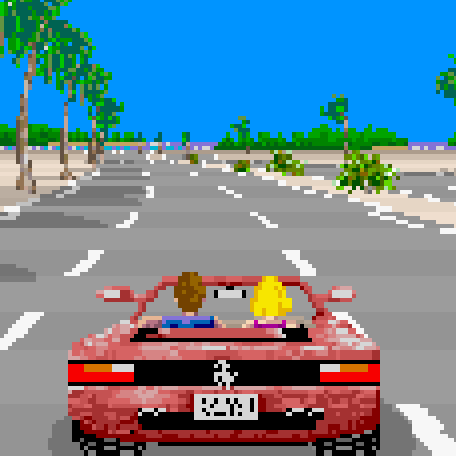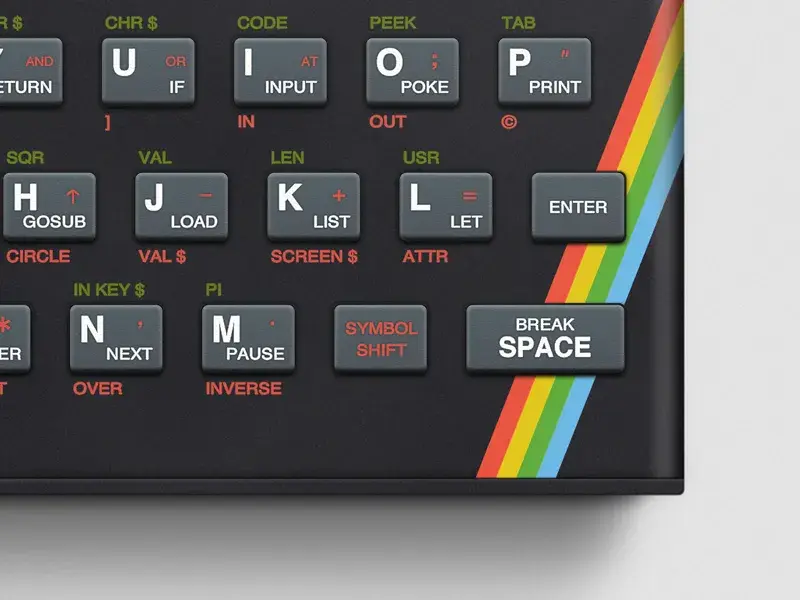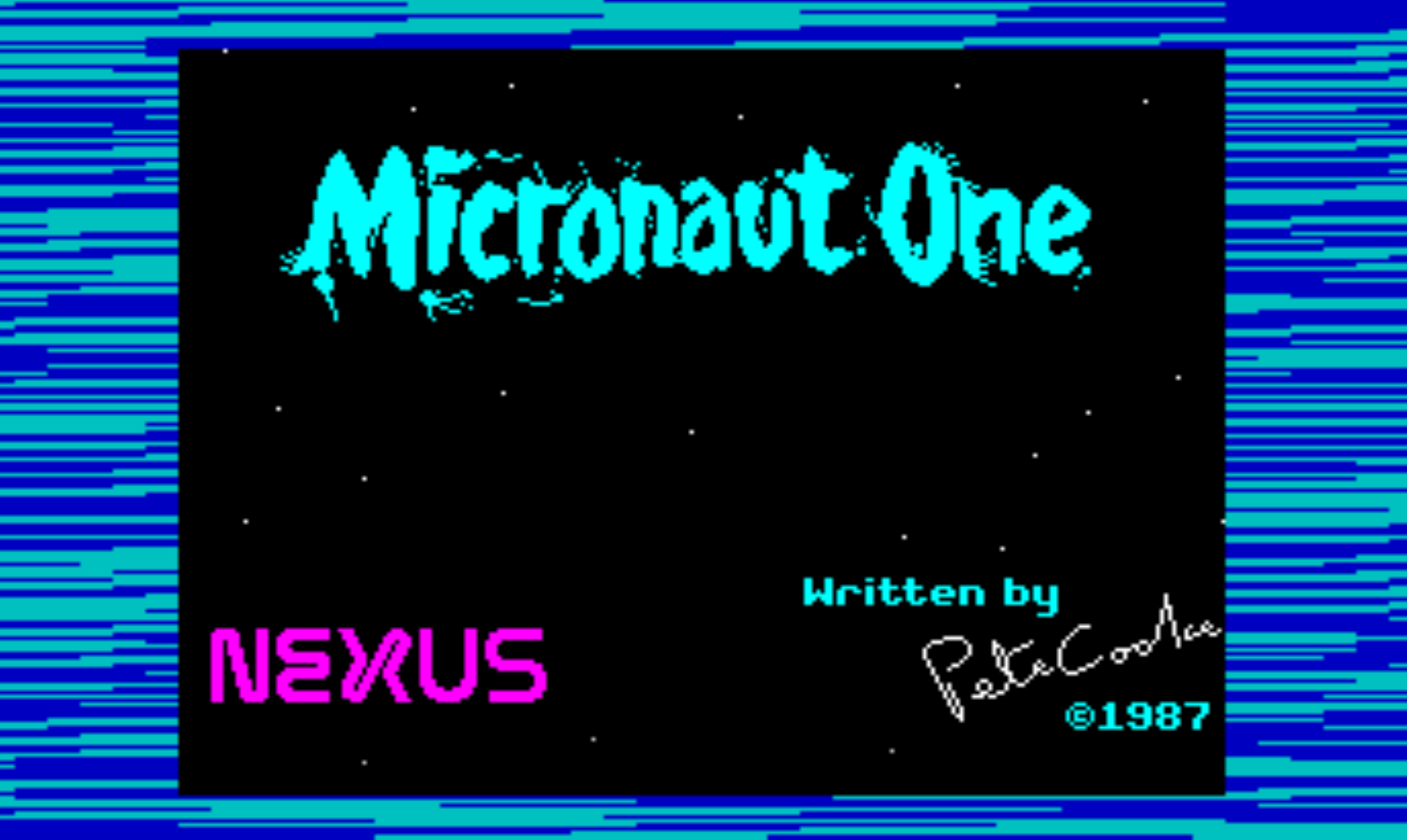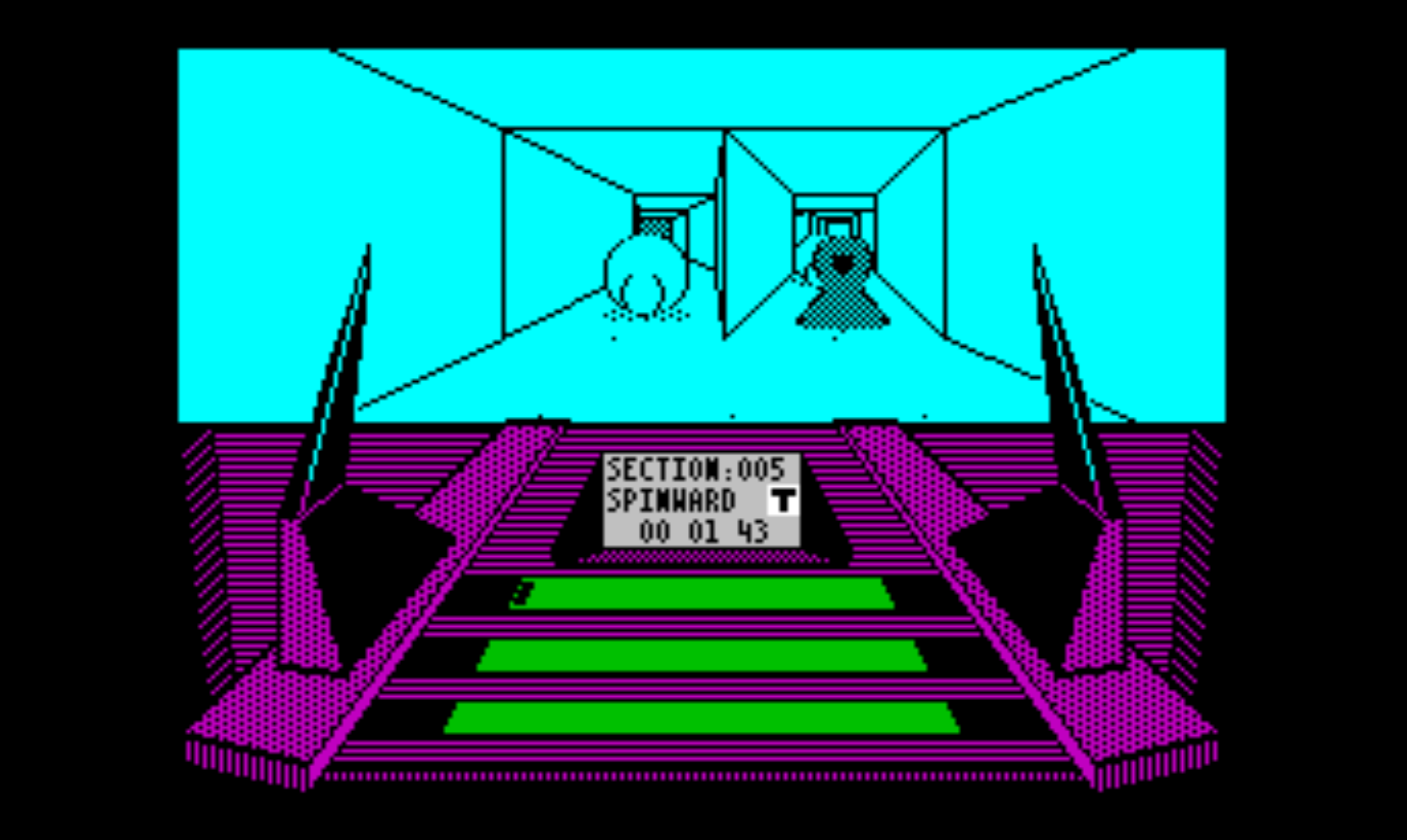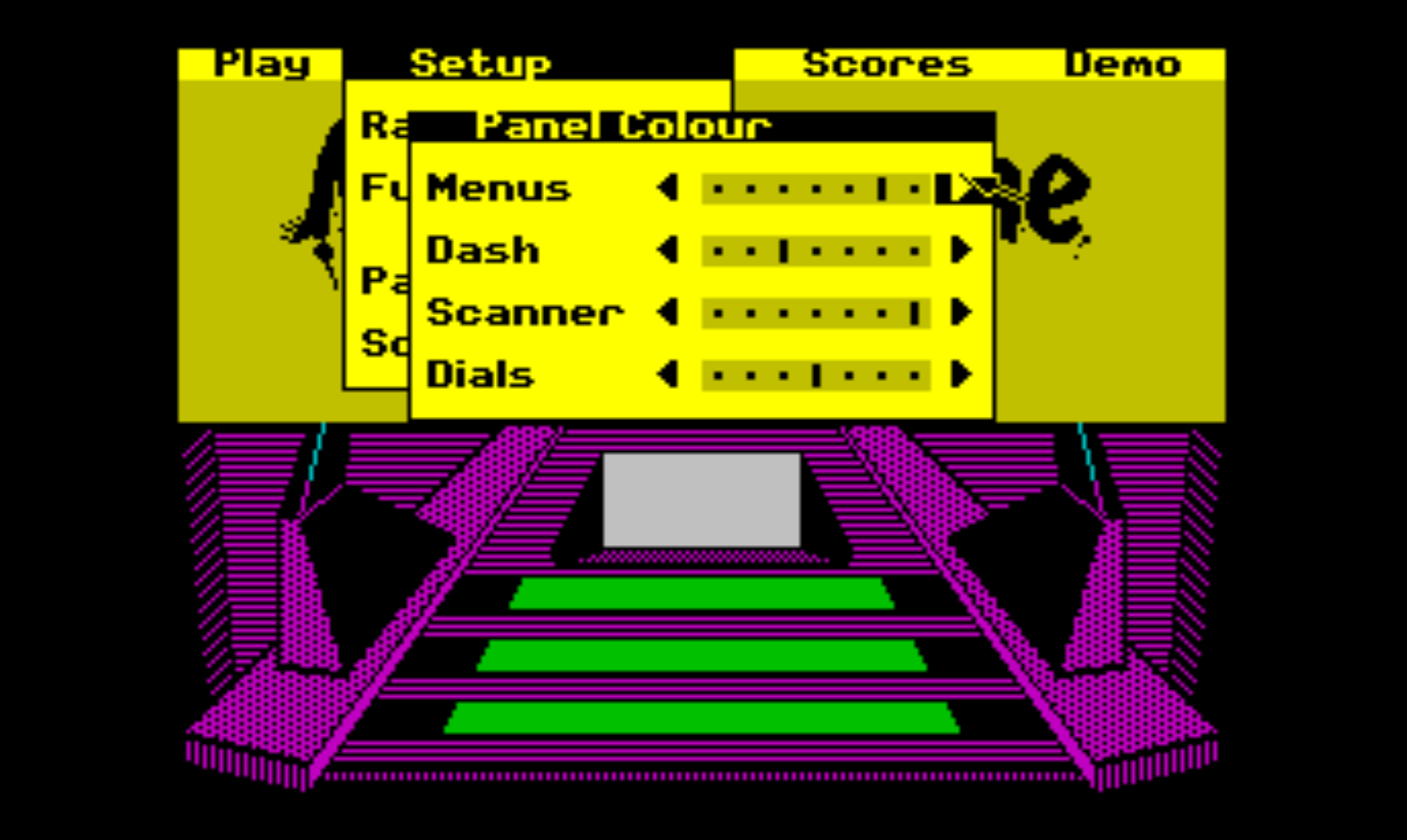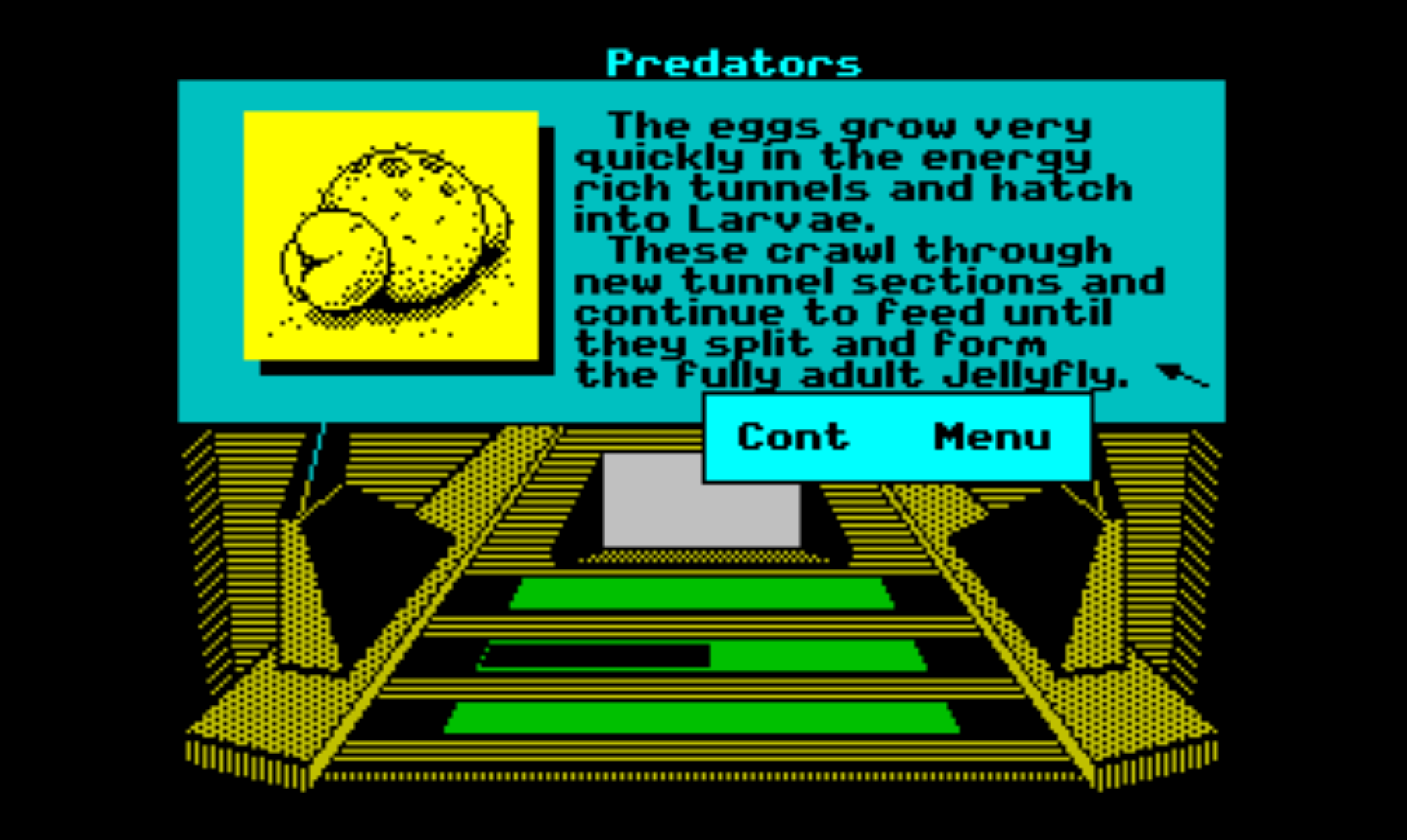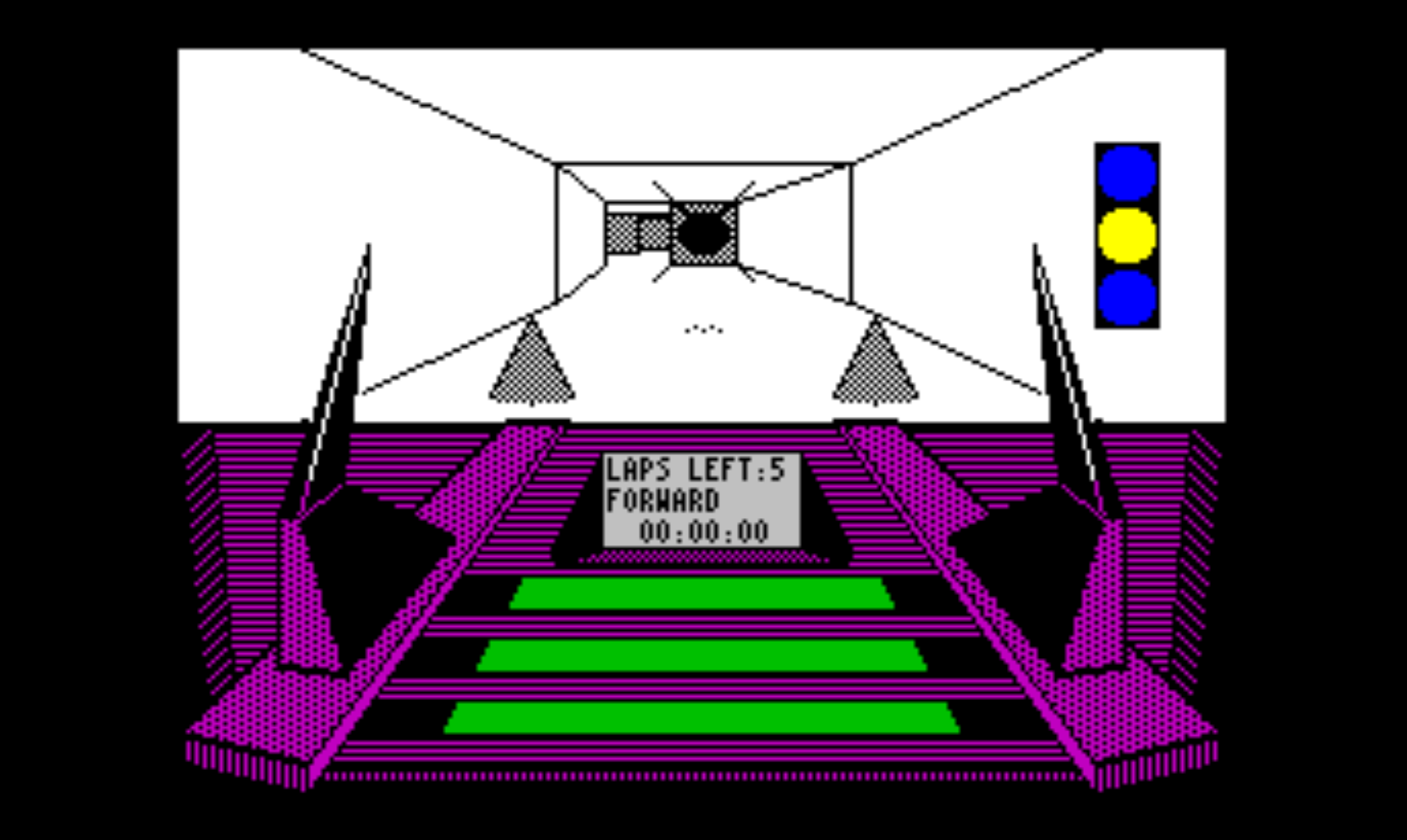- cross-posted to:
- retrogaming
- cross-posted to:
- retrogaming
cross-posted from: https://lemmy.world/post/1312535
Some games arrive right on time, while some games arrive later than they should… but some, a rare few, arrive way too early. Like Micronaut One.
You’ve probably never heard of Micronaut One, and with good reason. It was a single platform, 1987 title that was released with little fanfare and to modest acclaim, on a platform largely only popular in Europe. It wasn’t a sequel itself, nor did it generate a sequel or a franchise. It simply arrived, enjoyed a moment in the sun, then disappeared…
To my mind, this is a great shame. Not because Micronaut One was an amazing game (it was more technically intriguing, in my opinion, than amazingly playable), but because Micronaut One was so far ahead of its time that it deserves to be more widely known.
Even without digging into the finer details, Micronaut One sounds surface-level impressive. It is a first-person, solid 3D science fiction game, on the ZX Spectrum, of all things. In it, you pilot a craft around the winding, intersecting corridors of some great ship, manipulating the energy levels of various computer nodes in an effort to stop an overload.
As you travel around, you encounter various fauna that inhabit the ship with you. These mostly take the form of “Scrim”, an insect lifeform with a three stage growth cycle - from invulnerable eggs, to creeping larvae, to egg-laying flies.
If you fail to destroy these creatures, they inevitably mature and start forming webs that block the corridors. Eventually, you’ll find your route between the overloading nodes is impossible, and overload will be imminent…
If you know the ZX Spectrum, you can see that it’s already pretty ambitious. It moves at a nimble pace in flawless 3D, looks great for a Spectrum game, and has a compelling game loop and tense atmosphere as you struggle to keep on top of the replicating Scrim.
But it’s the extra details that make this game especially impressive, and well worth a few moments of your time in 2023. In parts, it feels like a game from much later, 1997 rather than 1987 say. It’s almost Descent, 10 years before Descent even existed.
It has a menu/pointer configuration system. This may seem old hat, but back then this was virtually unheard of in 8-bit games. This system allows you to configure the game down to the smallest detail and lets you navigate the complex mapping system. It even lets you change the colour of various parts of the UI!
Next, it has a kind of mini-wiki built into it, giving background details on the ship and its inhabitants. Honestly, this was so unheard of back then, I can barely think of another example, let alone one this well presented.
In game, you’re giving access to a map, and on that map you can set waypoints which the game will then plot routes between. As you’re playing, your HUD will display an arrow telling you which way to go… again, this feels like something from the late 90s!
On top of all that, as well as the main game, Micronaut One also lets you play a racing mode, in which you compete against a “pacer” through the twisting corridors of the ship. It has leaderboards, various levels of pacer speed… It’s amazing!
So, is it the best ZX Spectrum game ever?
No, sadly not. Despite all of its gratuitous innovation, it definitely has its shortcomings, some of which are especially vexing to a modern eye.
It is clunky to control, as you can’t turn around in the corridors. Instead, you need to stop and then hit reverse, flipping your direction. This can lead to lots of alignment issues, as there are no strafe keys. Also, the menu can be difficult to navigate, requiring you move the “mouse” from side to side of the screen to back out to the game. And the sound is typically Speccy… ie, bleeps and burps and not much else.
But all that’s wrong with it feels like something that could be fixed with a couple of months of extra work and a couple of decades of hindsight (strafe keys, a back button in the menu).
It feels like a shame that Micronaut One never got a chance to get an Amiga sequel, or a PS1 reboot. Instead, we should content ourselves with the fleeting moment of brilliance that was all this curious little game ever became.
#ZXSpectrum #Retrogaming
